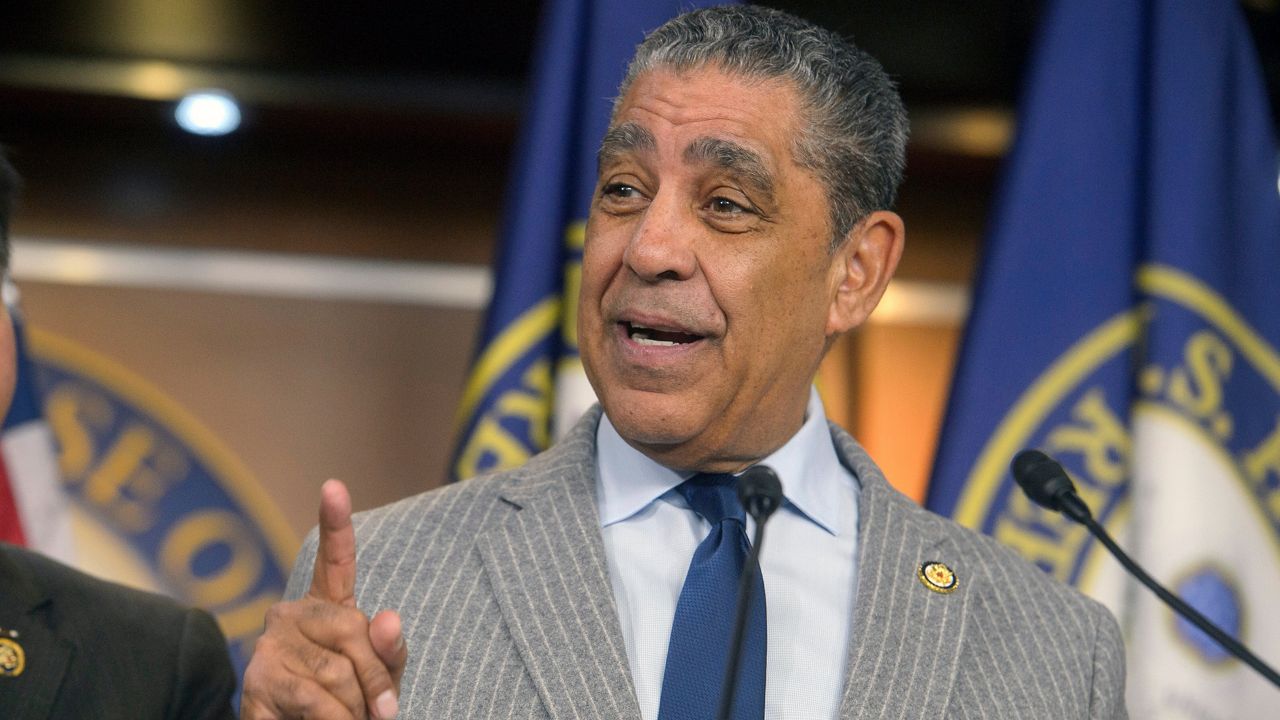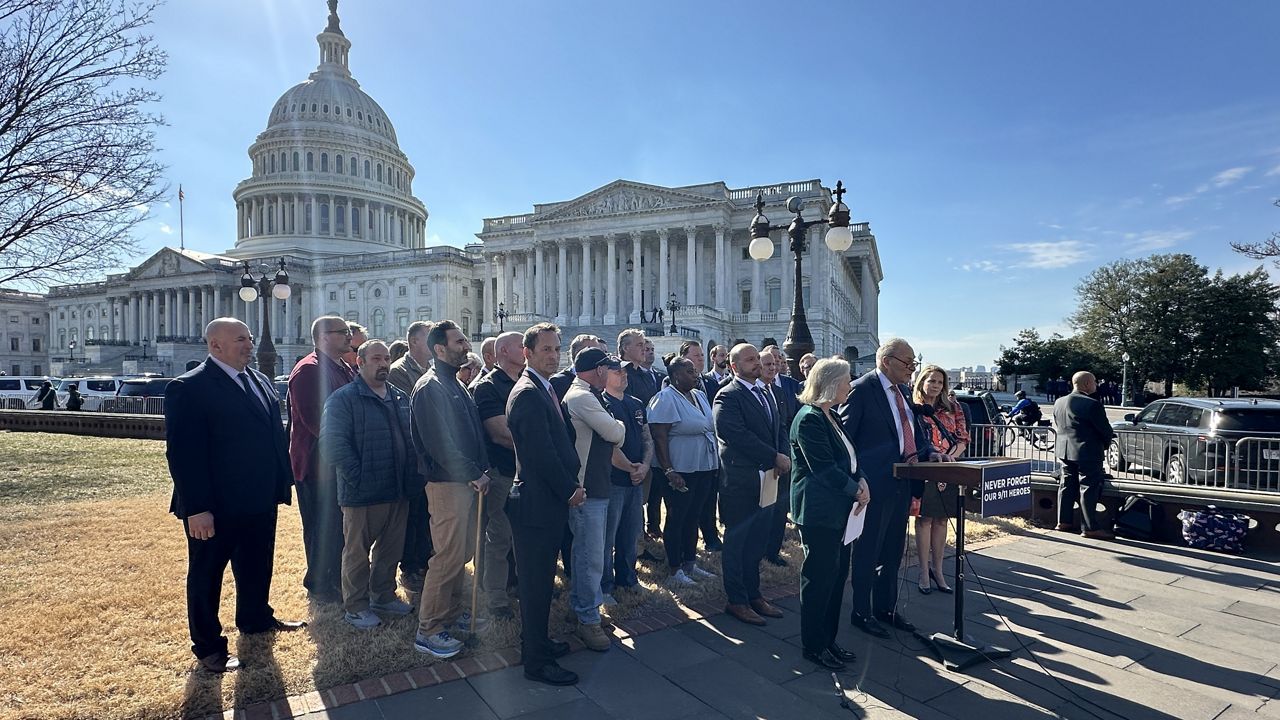New York agricultural leaders have concerns the state will see waning support for farmers under President-elect Donald Trump's next administration, they said Wednesday.
The head of the state Department of Agriculture and Markets did not mince words Wednesday while answering questions at a hearing held by four lawmakers on the Assembly Agricultural Committee.
"I have seven pages of notes about potential impacts as we change administrations in Washington," state Agriculture and Markets Commissioner Richard Ball said. "...We're going to have to wait and see and see how things go."
Ball said he's concerned about what Trump's next administration will mean for farmers. The commissioner said New York's relationship with the federal government is essential for agricultural funding in the state, including those built into climate investments and other programs.
The state's relationship with the U.S. Food and Drug Administration also remains critical for safety work, like inspections and food safety recalls.
"We're going to have some changes in funding, certainly, and we may look to you to keep some of these important programs going," Ball told lawmakers, adding it's too soon for the Legislature to take action.
Next year, federal leaders will start negotiations to pass an updated farm bill. Trump has also promised to renegotiate a trade agreement between the United States, Mexico and Canada, also known as the USMCA.
The deal will impact New York farmers, who export 46% of their goods. Ball said Canadians are irritated about the pricing of dairy products coming into their country, and Mexican leaders are unhappy with regulations related to corn exports.
"We need honest and accurate information and we need to make sure that we're all living to the spirit, as well as the words, in that agreement," the commissioner said.
Lawmakers also questioned how Trump's proposed mass deportation of undocumented immigrants, including those with a criminal background, will effect the agricultural workforce.
"We want to find a solution that helps people become welcome and citizens in our country and help us do the kind of work that honestly people are not interested in doing any longer," Assembly Agricultural Committee chair Donna Lupardo said.
Lupardo, a Democrat from Binghamton, argues many immigrants work and pay taxes.
She and other ag leaders want to support the workforce in the next budget, and expand the investment tax credit for dairy farmers facing significant challenges.
U.S. Department of Agriculture census data shows the cost of producing milk increased 25% between 2017 and 2022 while dairy farms across the state have decreased by 40% over the last five years.
"Dairy is definitely in a challenged position and some great ideas were brought forward today about ways that we can be helpful to those farmers," Assemblywoman Carrie Woerner told Spectrum News 1.
A provision under the state's Climate Act requires the dairy industry to reduce its greenhouse gas emissions and be net zero by 2050.
Agriculture makes up for 6% of New York's emissions, and dairy accounts for the majority, or 86%, of that total, according to the Northeast Dairy Producers Association. Leaders with the association said the state needs to invest in more research to discover more sustainable practices that are economically viable for dairy farmers who operate on incredibly thin margins.
Assemblyman Chris Tague, a former dairy farmer from Schoharie, carries legislation to mandate New York schools offer both 2% and whole milk produced in the state to students he says would help the industry.
But Tague, a Republican, brushed off concerns about Trump's administration impacting New York's relationship with the federal government and less support for farms — arguing the president-elect has employees and family living in the state.
"Everyone needs to remember: Donald Trump is a New Yorker," Tague said Wednesday. "The real truth is, Donald Trump was born and raised in New York, he doesn't want to hurt New York. It seems that they want to hurt him."
Lupardo led extensive conversations about improving workforce programs and expanding land-based seafood to make the state's food chain more self-reliant. Several panelists discussed opportunities to expand bio products like industrial hemp and animal fibers and make the fashion industry more sustainable.
Lawmakers this session passed legislation to close a loophole that leaves many dairy farmers ineligible to apply for the refundable Farm Employer Overtime tax credit available to farmers who pay overtime wages as the state phases in an increased overtime threshold over the next several years.
Gov. Kathy Hochul will decide to sign, or veto, the measure by the end of the year.











